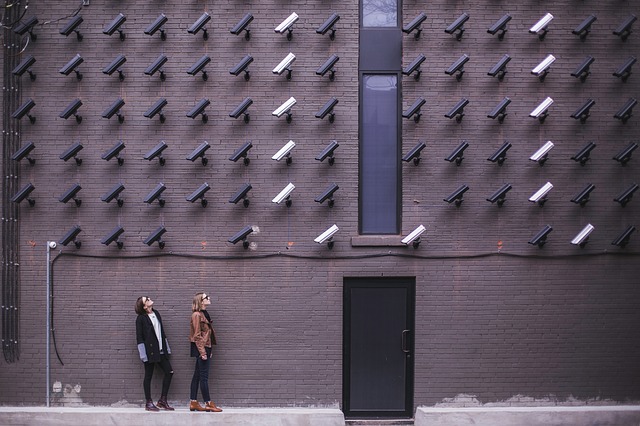It’s a fair question that anyone who wants to protect their privacy should be asking. What’s in my Internet Log files and who can access them? Well I’m afraid, and you’re not going to like this, is just about everything you do online is stored in logs files.
In fact even just the phrase internet log files is confusing as there are so many of them. Let’s focus on the main ones which contain the most information about you online and that’s the ISP logs.
You see when you connect to the internet every thing you do is routed through your ISP, they have a complete record of everything you do pretty much. One of the main problems is that we use HTTP to surf the internet, that’s Hyper Text Transport Protocol – which has helped the internet to develop so amazingly fast.
There is a problem with HTTP though, and that is because it is in completely clear text. So anyone who has access to this data like the ISP can instantly read it and see exactly what and where you go on the internet.
It’s why Governments and organisations access this information when searching for terrorists, criminals and even just people who downloaded materials under copyright. It’s all there in the internet log files stored at your local ISP. There’s no technical knowledge needed to learn how to view .log files as the vast majority of it’s in clear text with no encryption. It’a all recorded at that central point simply because all your data has to go through an ISP, which is recorded and saved to the .log file extension of their choice.
Who Has the Right to Access My Internet Log Files ?
You might argue that any law abiding individual has nothing to fear from having their online activity recorded. After all normal citizens shouldn’t care even if they are engaged in a little anonymous torrenting to download a few films, that’s nothing to the Government is it? However just consider how much information there actually is stored there in those log files. Everything web site you visit, every video you watch, every message you send or receive it’s all there in your log files. Would you be happy to hand over a comprehensive list of everything you’ve done online? It’s a huge intrusion to your privacy, imagine a step further one made likely by the Governments latest piece of snooping legislation – the Investigatory Powers Act. It’s been passed in Parliament but hasn’t got Royal Assent yet, but it’s likely to become law in the near future. It would mean a whole host of Government agencies have access to these records for a variety of reasons.
Imagine you’re sitting in an interview for a Government job? Across the table the interviewer sits with a booklet containing every web site you’ve visited in the last 12 months. How would that make you feel? Does this feel like an open, democratic situation or something like the KGB or Stasi would have done? Perhaps you have medical conditions, something about your health or sexuality, perhaps private political affiliations. All this is likely to be known from anyone’s web history and hence the person sitting across from you with your internet log files.
Even if this information was restricted to a select few agencies, we know this would spread. The data once out would get into more and more hands, usually under some pretext of criminality or preventing terrorism.
The solution is actually quite simple but it does require some effort – encryption. If you use a VPN service, you can encrypt your connection so that your logs contain no useful information. Here’s one in action –
The only information accessible in your logs as long as you keep encryption enabled will be the time you are online and the IP address of the VPN server you’re connected to. there will be no other data that is legible as it will all be encrypted and no record of the web servers you visit as all requests will be channeled through the VPN server. The added benefit of this is that you can also use the VPN service to bypass the myriad internet blocks that exist online.
For example, you may have found that certain sites particularly media companies block access based on your location. It’s called region locking or geo-targeting and it’s becoming increasingly common. For example if you try and access your Hulu subscription from outside the US you’ll get blocked, or similarly if you try and watch the BBC iPlayer from outside the UK. However if you switch to a VPN server in the correct country you can bypass these blocks irrespective of your location. I use mine every single day when travelling to watch the BBC News when I’m travelling.

